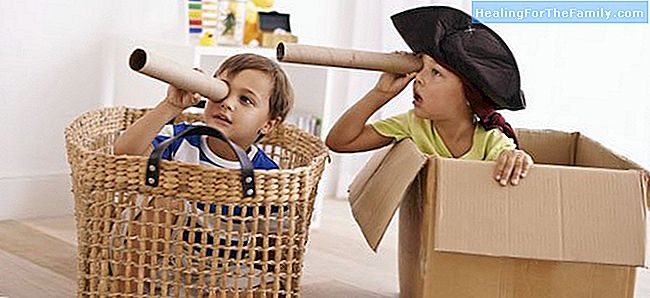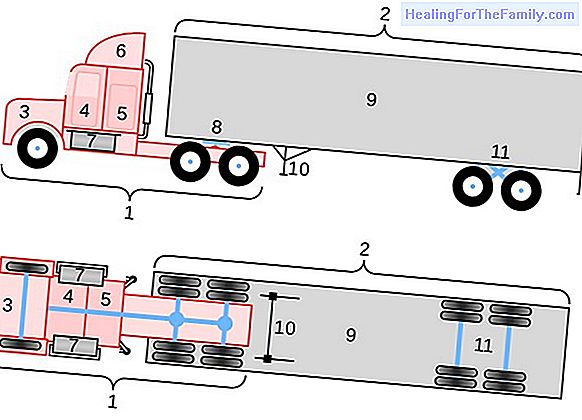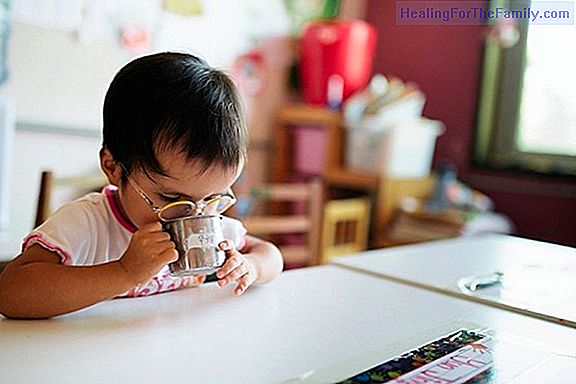Why children need to play
Play is a fundamental right and necessity of children. Essential to their learning, the game guarantees them the possibility of absorbing new knowledge and skills in a pleasant way. Guiainfantil.com has interviewed the scientific disseminator and biology professor David Bueno. He has not hesitated t
Play is a fundamental right and necessity of children. Essential to their learning, the game guarantees them the possibility of absorbing new knowledge and skills in a pleasant way.
Guiainfantil.com has interviewed the scientific disseminator and biology professor David Bueno. He has not hesitated to emphasize the importance of play for children.
How the game affects the brain of children

The game arises from the brain and has repercussions on children's brains. For children, the ones that motivate them the most are playing. Especially if it's about free play. Playing is the basic instinct to learn, the way in which our brain is programmed to learn new things. In fact, the main task of children is to learn from their environment to adapt and integrate into society. This learning is done through the game. The game means experimenting, creativity, interacting with other people, assuming roles to 'practice' how and what will be their role in society.
Learning through the game responds to a genetic program. The fetus, a few weeks before birth, already begins to play. Play with the umbilical cord, stretching arms and legs ...
The game provides pleasure. What happens when the child does not play? The child will continue to learn, but they do not associate pleasure with the game, so they will not learn in a pleasant way, which will condition their adult life. In humans it is difficult to assess how it affects adults, but it has been experimented with mice. The mice that did not play are when they grow more aggressive, impulsive, and find it difficult to establish social groups.
Up to what age children should play
Everyone should play, also adults. The game adapts to the child's age, it changes. Younger children, for example at 2 years, prefer manual games, to fit pieces ... and of course, free play, discover the environment. Children as they grow up, they are opting more for television and video consoles. This is not a problem as long as they also play with other things.
Adults can provide play space for children. When children are small, you have to help them and look for spaces where they can meet other children to play.
Many parents complain that their children do not know what to play. This happens because we do not let them get bored. we should let the children get bored and look for their own games. They can look for their parents to play, that's normal. Who better than the parents, their main reference, to play?
The theme of the war games should not worry the parents as long as the parents explain what values transmit that type of toys.












